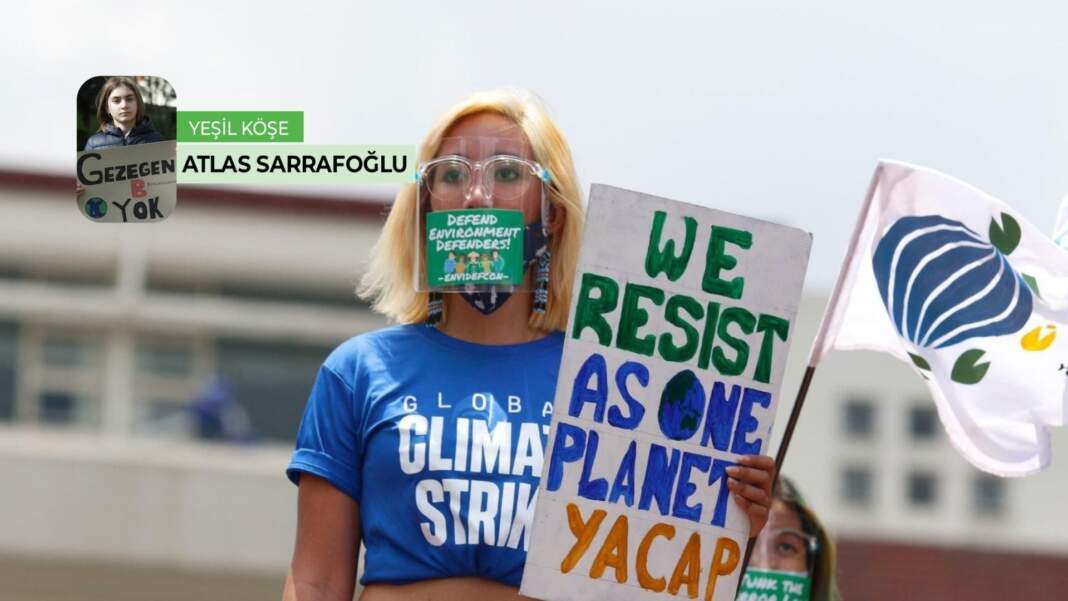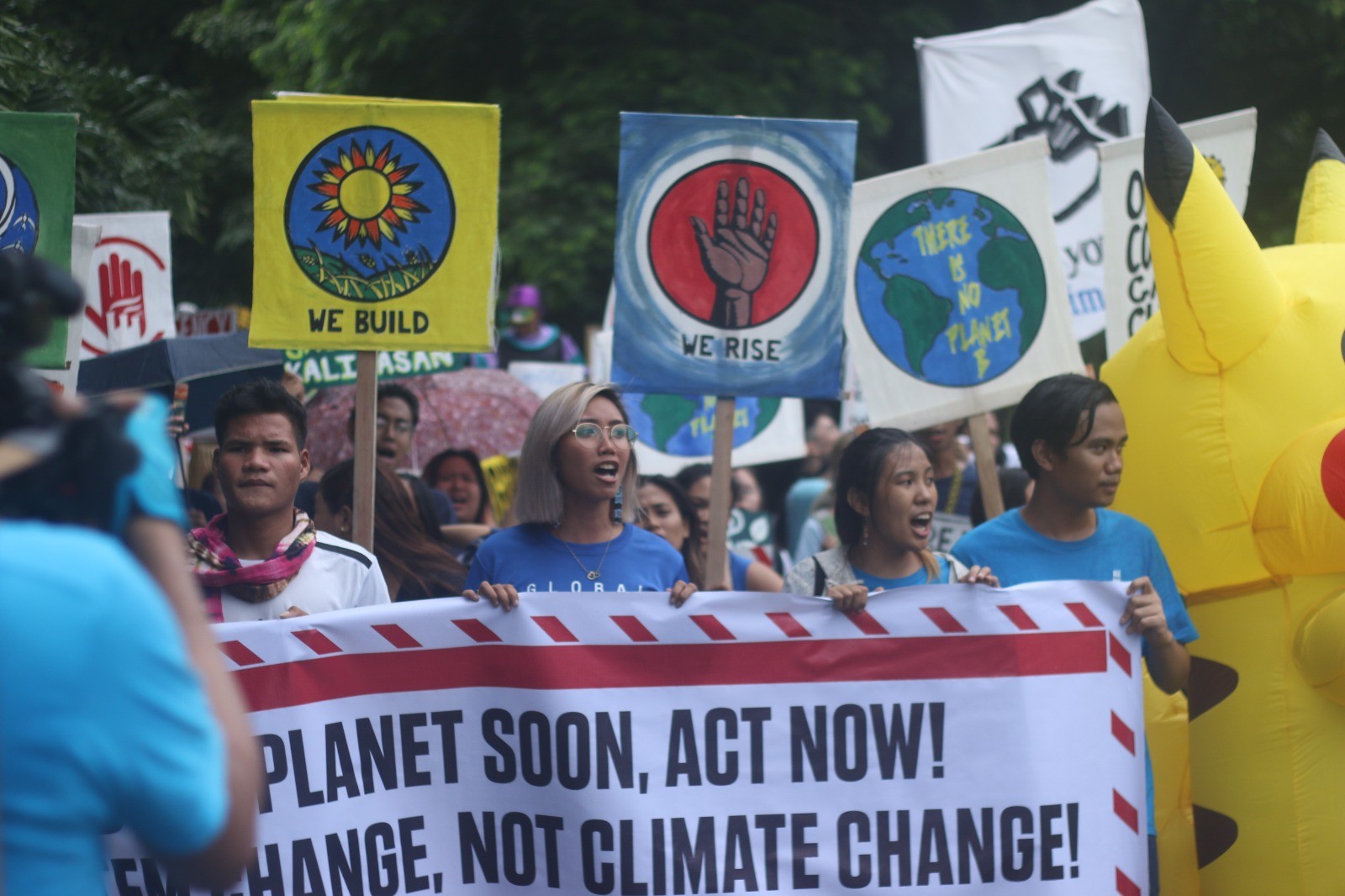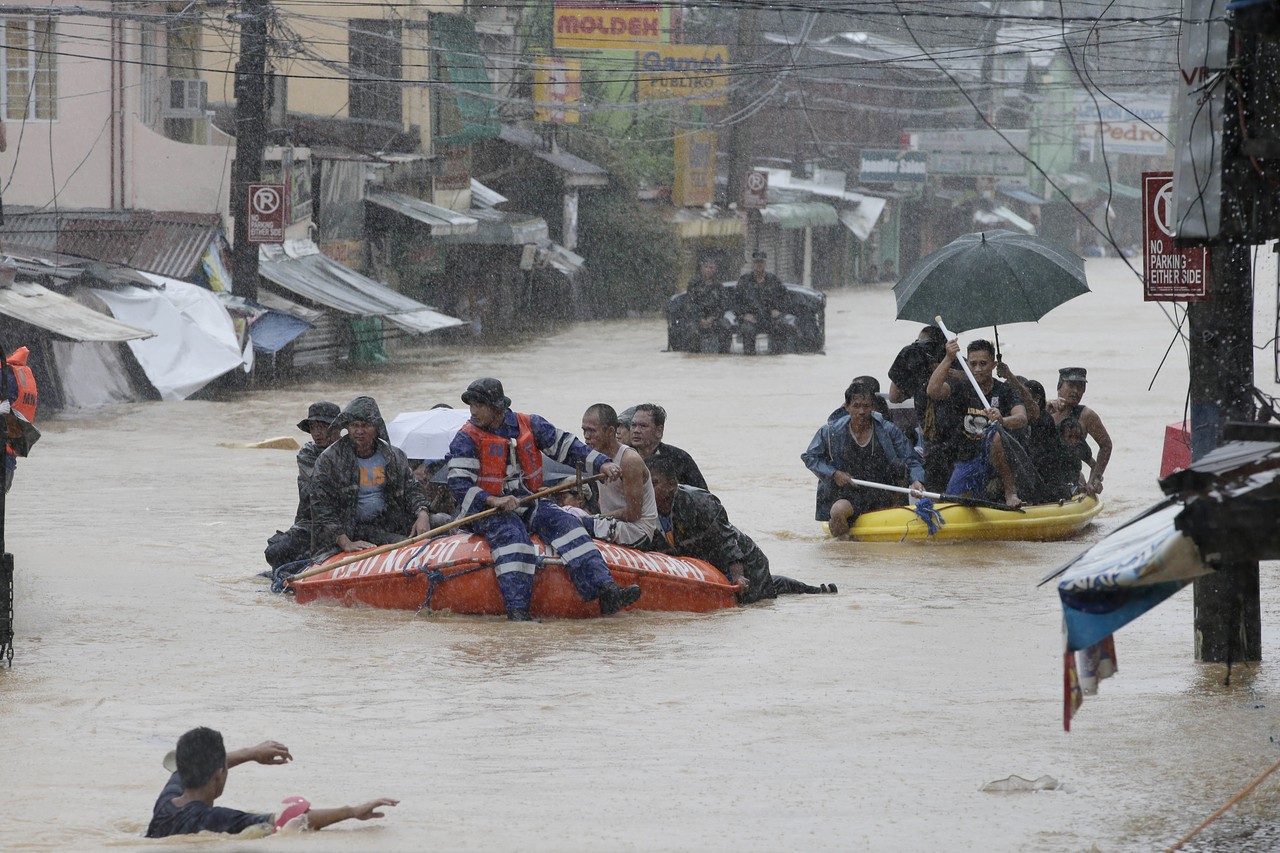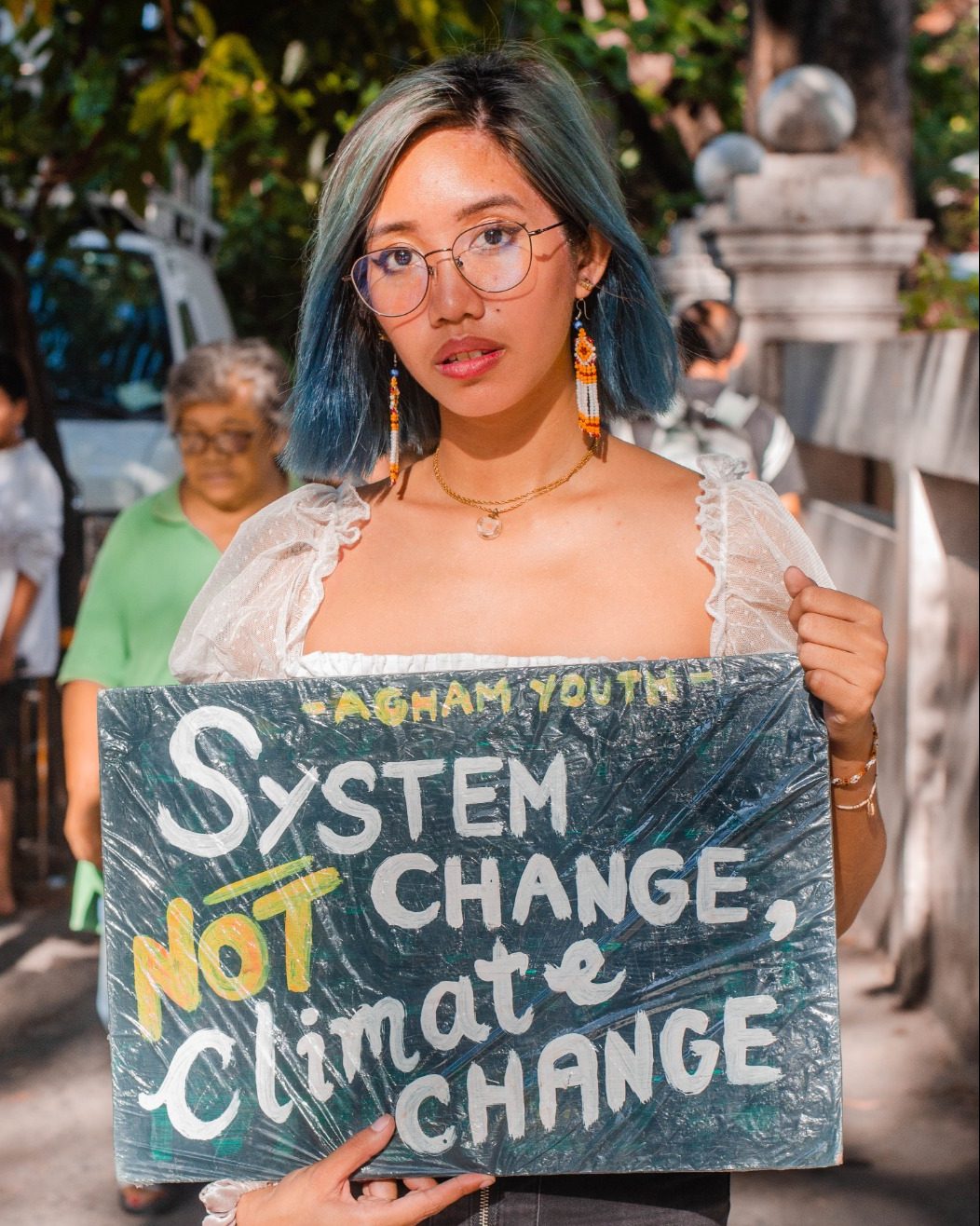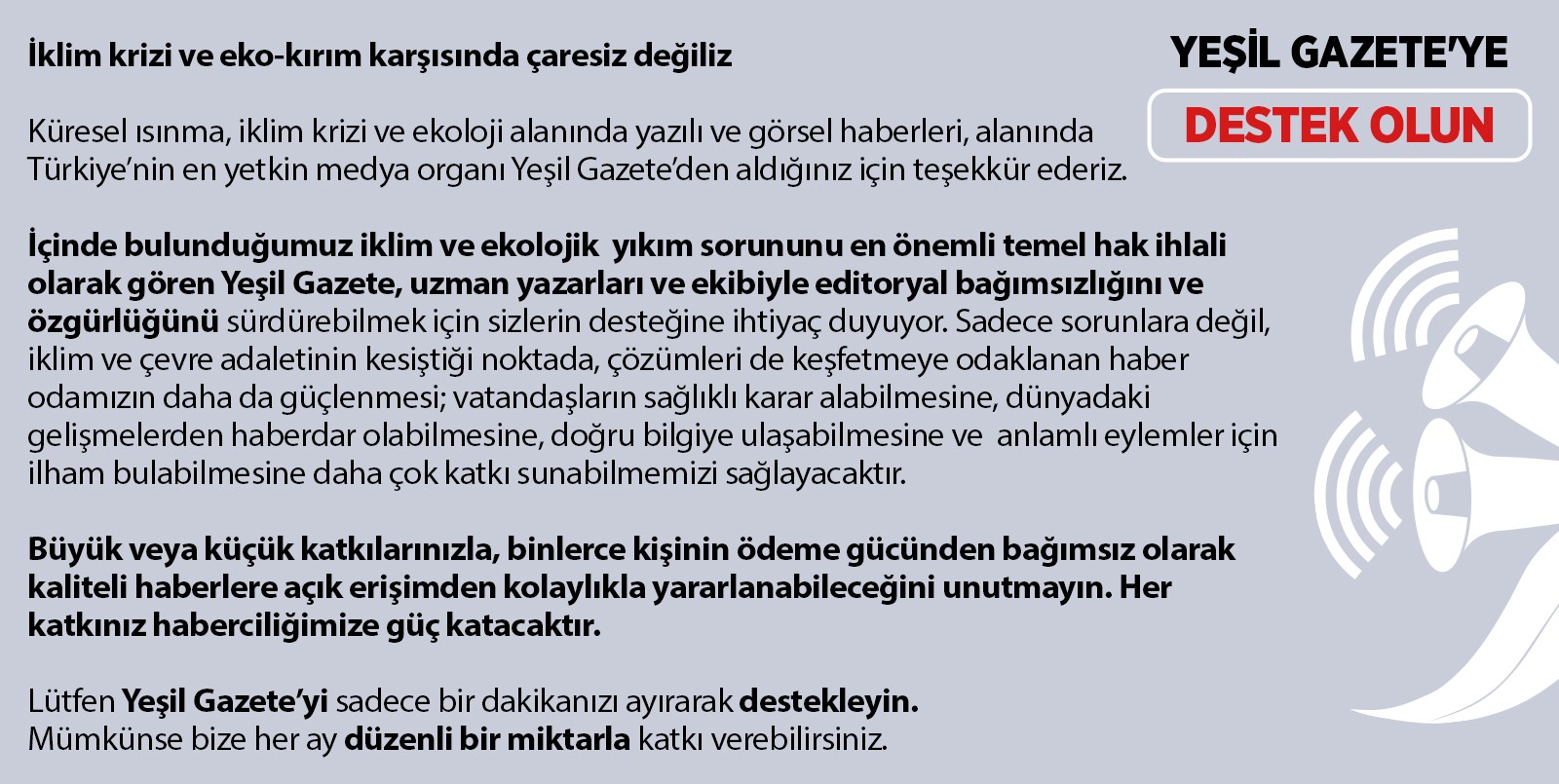Mitzi Jonelle Tan is from Manila, Philippines which is ranked the second deadliest country in the world for people defending the environment with 43 killings in 2019, London-based environmental watchdog Global Witness said in its latest report.
But, Mitzi is one of the brave ones to lead and co-found Youth Advocates for Climate Action (YACAP) who are demonstrating both on the streets and online and calling for immediate global action on climate change in their country.
Atlas: Can you please tell us how you decided to become an activist?
Mitzi Jonelle: In 2017, I was able to join a community dialogue with one of the leaders of our indigenous people. He told us a story of how they have been protecting the environment for decades and how they have seen it deteriorate because of foreign companies who wantonly exploit the natural resources of the Philippines. He also told us about how the military and paramilitary forces harass, displace, and murder them.
He then, very casually, said that because of all these hardships and obstacles, there is no choice but to fight back, then he chuckled. And, really that’s what hit me the most. The simplicity of how he said that we need to fight back, he wasn’t trying to convince us, it was a simple truth, a fact — and that shouldn’t be so hard to grasp and understand.
You are a member of Youth Advocates for Climate Action (YACAP) and Fridays For Future Philippines. What do these movements do in your country?How were your Global Climate Stikes in the last year?
So YACAP is the FFF of the Philippines, we organized the global climate strikes last year — the one in September we formed a human earth formation with over 600 people and in November we had a lantern parade made of recycled materials to symbolize that the youth will light the way during these dark times.
Aside from climate strikes, we focus more of our energy on going to people and students and talking about the climate crisis, the urgent action needed, and climate justice. We focus on this more because the climate justice movement is still in its popularization stage here, a lot of people are still not aware of the climate crisis and its impacts even if we experience it everyday. It’s not so much that they don’t believe in the climate crisis, but more of they are not aware that this is all connected. So we focus a lot on education and raising awareness.
We also integrate and have dialogues with our environmental defenders to learn from them and hear their firsthand experiences of the climate crisis.
We all know that Philippines is one of the countries that get affected by the climate crisis. What is it like living in Philippines with this?
Almost all my life extreme weather events are always present. There are typhoons where we would go without electricity for several weeks, and we would be so afraid that the floods would enter our home. A lot of my memories as a child are eating dinner with a candle because we had no electricity because of the raging storm outside.
We are privileged enough to live in a higher area that doesn’t flood easily and to have proper housing in the first place. After the storms calm down and we go outside, there’s always so much destruction — to the environment, and to people’s homes. I remember having to listen to our battery powered radio that we use during storms to listen to the news to hear how so many people died and were swept away in the floods. Then, we have the complete opposite as well where we have these long periods of drought and food prices start to increase because of food scarcity.
‘Marginalized people bear the brunt of the crisis’
The climate crisis impacts us all in the Philippines, but it’s the marginalized sectors that are really bear the brunt of the climate crisis. The urban poor whose makeshift houses (if they even have that) can literally be blown away and can collapse with the wind, they also suffer the most from heat stroke because of the lack of proper ventilation in their makeshift houses, it also makes them prone to fires.
The workers, who even during a storm or a really bad heat wave, need to go to work and brave the conditions of the climate crisis if they want to keep their job and feed their families. The indigenous people, farmers and fisherfolk who are the poorest sectors of our society, despite being an agricultural and archipelagic country, their livelihoods, and in turn their lives, are the ones most affected by the impacts of the climate crisis.
What can you say about the relation of Covid-19 epidemic and the climate crisis in your country and in the world? What are your thoughts about how the transition should be?
The Covid-19 pandemic really just exposed even more how our system has been built to perpetuate injustice. Climate activists have been saying for years -system change, not climate change, and the Covid-19 pandemic really just proved that even more.
The pandemic is a zoonotic disease and it could have been avoided if humans didn’t encroach on the natural habitats of animals, which would happen if people had proper housing and if we didn’t have a system that’s so keen on profit and tries to eat up all the resources that it can.
‘Our leaders’ responses to crisis is the same’
The way our leaders are responding to the Covid-19 crisis is the same way they are responding to the climate crisis — by not listening to the experts, by prioritizing the rich and the privileged, and by ignoring the pleas of the people. We are in an opportune time to change the way we do things because it’s so clearly not working, with the system we have we will never be prepared for any crisis. We must recognize that the impacts of the climate crisis and the responsibility to solve it are disproportional. We must fight every crisis. We must address the root causes of the problem. We must struggle for a systemic overhaul.
You are very active in social media, how is this helping you with your activism?
It’s a good way to reach new people and to get more people informed about the issues at hand. We just have to remember that we can’t stop at digital actions, we need physical actions. The people who are most vulnerable to the crisis are also often not on social media, so we need to go to them, live with them, learn from them.
‘They like to patronize us’
What is the perception of the government for the climate activists like you? Are you in contact with decision makers for climate issues? What are your demands for them?
Generally, they like to patronize us. A few of them are actually good and listen, but a lot of the people in our congress aren’t even that aware of the climate crisis issues and the climate movement. Generally, as long as you’re an activist most of them will write you off as a terrorist or as an entitled kid.
Our demands are to declare a climate emergency as defined by the people, have a moratorium on coal-fired power plants, have a just transition that is led by the working class, protect and prioritize the needs of our environmental defenders, and for our national leaders to have the political will to demand for climate justice from carbon majors in the international scene.
‘New law tries to take away our voice’
Phillipines have passed the Anti-terrorism Law in the past few weeks, what does it mean and what does it mean to the climate activists in your country?
The anti-terrorism law in the Philippines has an overbroad and vague definition of terrorism, basically any form of dissent or even giving and holding donations for environmental defenders can be tagged as acts of terrorism. This law puts activists in danger and tries to take away our voice. Even before this law existed, the Philippines already had this stigma that it’s bad to protest and that you should just listen to the government – this is what a lot of parents tell their kids, but of course we don’t really listen to that.
We know that it is our right to protest and so students, along with different sectors of society, have always been very active in protests and in fighting for rights. The Philippines, even before this law, was also already known as one of the most dangerous countries in the world for environmental defenders and we can only expect that this law will make it worse.
‘My activism comes from love’
Climate activism can be very consuming for young people, so how do you take care of yourself, do you have any hobbies to take your mind off the climate crisis?
I like to listen to music or sounds of the ocean and paint (although usually what I paint is also related to climate activism), I also have a lot of plants and tending to them keeps me calm. I’ve also made some really good friends through climate activism and talking to them is a form of self care for me. Whenever I do feel overwhelmed, I also meditate and do breathing exercises and try to ground myself.
Although, I do have to say that I don’t get emotionally consumed that often with climate activism because at this point of my activism, it’s not so much coming from a place of anger, but from a place of love – love for the environment and love for the masses and the vulnerable, and it’s a much more sustainable driving force. This isn’t to say that I don’t get angry, I do — but it’s more of I’m angry because people are hurting what I love, so it’s a lot less tiring and emotionally draining.
What is your perception of the future in regards to the climate crisis? How do you envision yourself in 2030?
I honestly don’t know the answer to this question. In 2030, I envision myself still as an activist fighting for the environment with the people, fighting for social justice. I would like to believe that by 2030 world leaders would actually already be paying attention to the climate emergency, but this won’t happen without radical climate justice activism so we must keep calling leaders out and demanding for accountability and change.
It honestly feels impossible, and it’s unfair that the burden is on the youth and the vulnerable — but we’ll do it because we have to, not just for our future, but for the “today” of the vulnerable. We will continue to fight with the people until we truly achieve climate justice and social justice. If anyone can do the impossible, it’s us.

